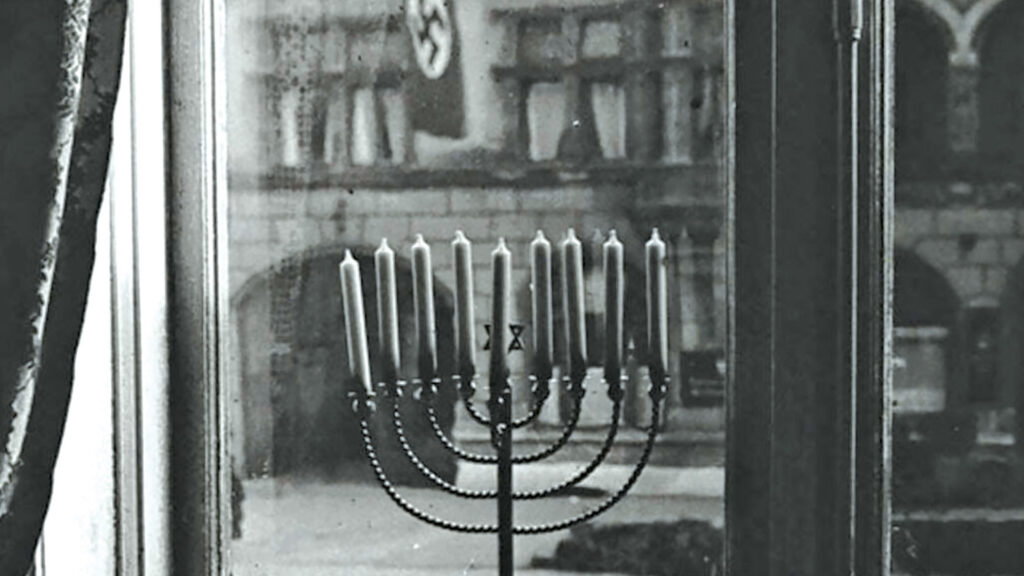Ethics in A Song of Ice and Fire
BY JACOB SHAYEFAR
The world of George R.R. Martin’s A Song of Ice and Fire roughly mirrors that of medieval Europe, with similar events, customs, and geography. Notably, Westeros seems to have a chivalrous deontological system of ethics, simply called “honor,” by which some characters abide while others do not. In particular, Ned Stark is renowned for his limitless honor, following his code to his demise, while Tywin Lannister represents the other end of the spectrum, committing numerous atrocities any time he deems them beneficial. Due to the author’s deliberate opacity on the matter, it is the goal of this review to ascertain which ethical system is superior, Ned Stark’s idealism or Tywin Lannister’s pragmatism.
Honor in Life
Ned Stark is undoubtedly honorable, as one of the only characters always taken at his word even by his enemies. He detests the corrupt politics of
King’s Landing—only moving there because his King requested it of him— and desires to save everyone, even his enemies. In fact, he even temporarily relinquishes his role as one of the most powerful men in Westeros because of the King’s insistence on assassinating a young teenager who may become a threat to his dynasty, as Ned could not bear to punish someone for crimes they have yet to commit.
Ned dies, almost immediately, because of his desire to save the lives of children, an honorable pursuit indeed. After he finds out that the apparent heir to the throne is a bastard born of incest, instead of going straight to the King—who would kill the Queen, her incestuous brother, and all their young children—he warns the Queen, hoping to give her an opportunity to escape the city with her children. Instead of doing as he recommended, she used
the time to consolidate her son’s rule as her husband lay on his deathbed, ultimately arresting Ned Stark. As the old King died, the new King executed Ned Stark for his treasonous mention of the King’s illegitimacy. In other words, Ned’s obedience to his code, demonstrated by his insistence on saving children, got him killed.
Dishonor in Life
Soon comes Tywin Lannister, the father of the incestuous Queen and the double grandfather of the new King, to fill Ned Stark’s former position.
Before Tywin is formally introduced, the reader is privy to some important information about his character; namely, his tendency to tolerate rape, murder, and pillaging among his men. In fact, before he inherited his position, he killed the noble house of one of his vassals for insubordination. Moreover, in the uprising just preceding the events of the books, he entered the capital, claiming to be there to defend the reigning monarch, and then proceeded to sack the city, murdering the baby princes and pillaging the peasants. Tywin Lannister thus earned his reputation as untrustworthy and dishonorable.
Yet, despite this, or perhaps because of it, he lives significantly longer than Ned Stark. He becomes the richest and most powerful man in Westeros through his cunning. It seems as if his lack of honor serves him quite well.
That is until he dies at the hands of his own son whom he disrespected, specifically in return for a series of dishonorable actions. This time, dishonor killed the lion.
The Afterlife
And so it appears that Martin reached a verdict in A Song of Ice and Fire. Dishonor seems superior. One should do whatever they deem necessary to increase their power. After all, if they will die regardless, why not do what will tangibly improve their lives? But such a synopsis misses an important part of the picture: the legacy each character left behind.
After Tywin Lannister dies, nobody misses him. In fact, not even his loyal children are truly sad about his passing. Instead, they are only shocked and vengeful. Soon, the dynasty that he spent his entire life strengthening is on the cusp of falling apart, with brother pitted against sister, each vying for the head of the other. Tywin Lannister was ruthless, and it seemed to benefit him. But, when his ruthlessness proliferated, destruction ensued.
Meanwhile, the Stark family faces no such fate. While some Starks do die or are presumed dead, the remaining Starks stay loyal to one another. Even Ned’s bastard son breaks his oaths, literally resulting in his death, for the possibility of saving his half-sister and retaking their home. In fact, primarily due to Ned’s honor, many of his former vassals hold a grudge against their new King and liege lord, secretly plotting to overthrow the latter. It is no coincidence that when the honorable man was executed, his people led a rebellion. When the dishonorable man was murdered, reduced to a rotting corpse, hardly anyone so much as wept.
Thus, the moral lessons in Martin’s A Song of Ice and Fire are precisely the opposite of what appears at first glance. People should do what is moral, even if it comes at a cost. Doing the right thing, regardless of consequence, is the only way to live in the long term, as immorality is necessarily self-destructive. And so the noble Starks shall last while the ignoble Lannisters are doomed to fail. Morality trumps self-aggrandizement.
Mr. Jacob Shayefar is a rising senior at Beverly Hills High School. He resides in Beverly Hills, California.
Suggested Reading

A New Viewpoint on Diversity
Often, it seems that the people who talk about diversity never visit diverse communities. People seem to think that diversity is based on how one looks. True diversity is not about how someone looks, but how they act.

My Real Internal Conflict is Not One of Clashing Interests
When do my Jewish interests and American interests conflict? After much careful internal deliberation, I have concluded that they do not.

Regaining our Power Through Knowledge: The Solution to Rising Anti-Semitism on Campus
An emotional connection to our Judaism cannot be our only solace. Knowledge is the solution to the problem Jewish students face today.

The Dangerous Narrative of the Jewish “Debt to Society”
BY OCEAN TIMMINS I believe the world has a deep antipathy towards the Jewish people, implicitly baked in over thousands of years of hatred taking various forms. There is a real…